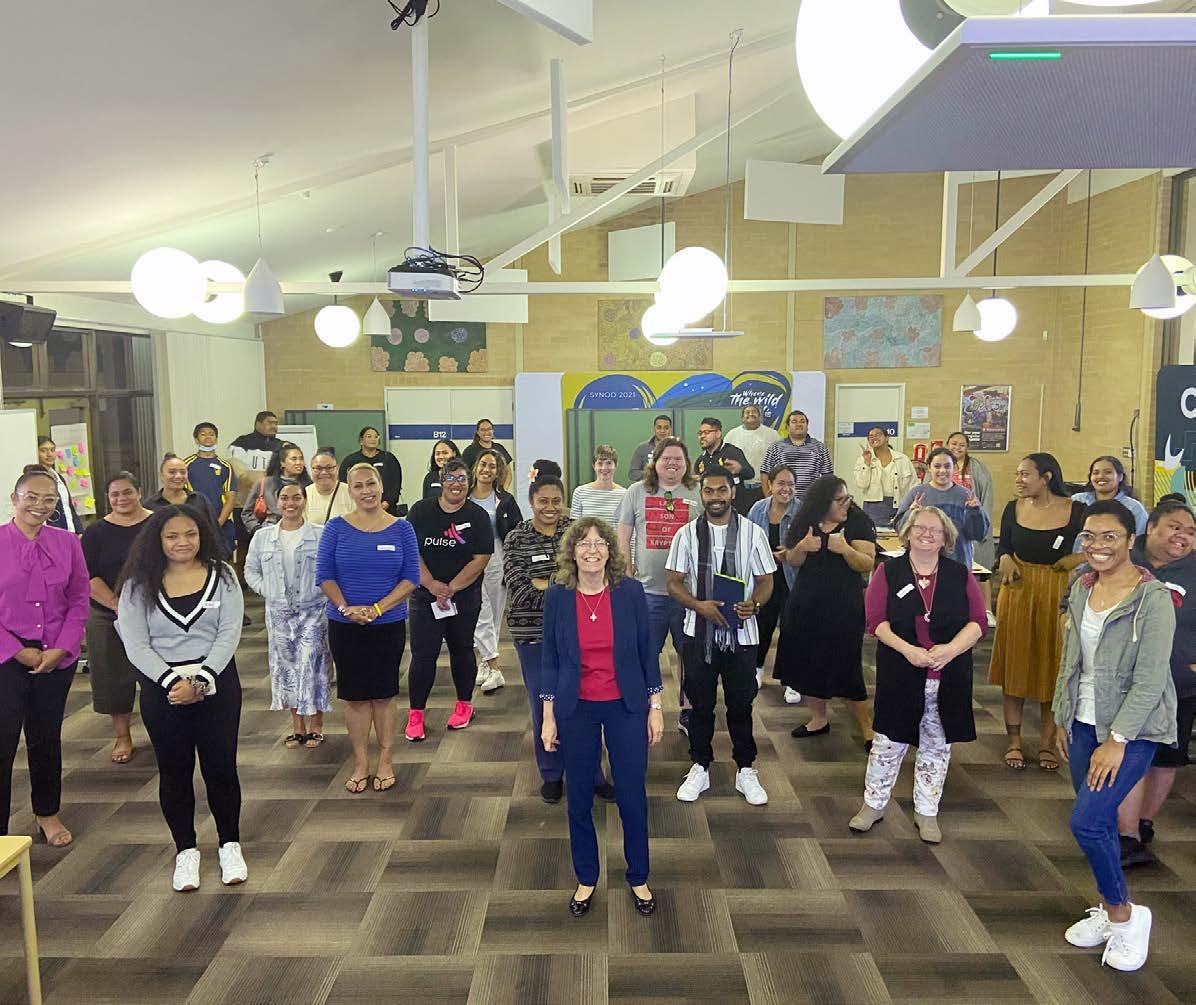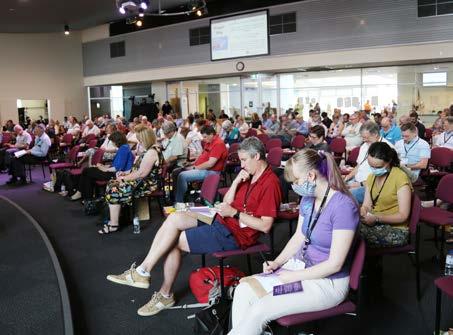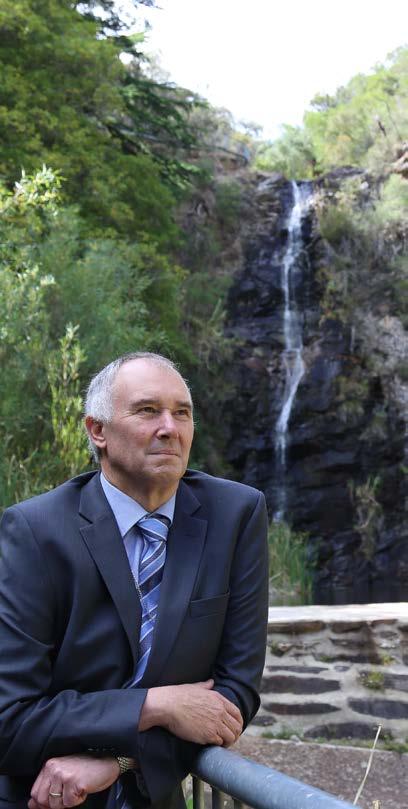GETTING TO KNOW
& QA
With Assembly Youth Nominees
We asked the three young people recently nominated to the Assembly from South Australia the same set of questions ... here are their responses:
Q. A.
I did grow up in a Christian home but had a crisis of faith as an eighteenyear-old. I desperately wanted to believe in a good God, but I couldn’t understand the common question: If God is good, then why does He let bad things happen? Two years later, I was at a church service with my family and received the freedom of surrender, I couldn’t turn down the peace it brought me! I still struggle with the above question, but I am constantly reminded to look at what He has already done on the cross. So a little of both I guess.
Q.
Why the Uniting Church?
A.
I am a firm believer that denominations don’t matter to God, but I do find myself most at home within the Uniting Church. I grew up in a Uniting Church, so that’s got to be part of it. But more than that, I love the inclusivity – especially of women in leadership, the partnership with the Uniting Aboriginal and Islander Christian Congress, and the attention to current social justice issues.
Hannah Gardner
Q. A.
6
How did you come to your faith – was it through your family up-bringing or more your own personal choice?
What do you think are the challenges facing you as a young Christian in today’s world? I think young people in general are facing many issues such as grappling with Climate Change, racial injustices, gender inequalities and more. As a young Christian in particular, I find myself constantly struggling to see the church (in general) at the forefront of these issues. Our identity as Christians demands that we seek His righteousness and justice, but often in my conversations with other Christians I notice a strong emphasis on evangelism with a neglect of social justice. While Christ does call us to make disciples of all nations, He also calls us to seek justice, love mercy and to walk humbly with Him. Regardless of political point-of-view, as Christians, we are first and foremost called to love our neighbours as ourselves. Neglect of this calling signifies to society that Christians don’t care about social justice issues, that we care more about religion than the poor or marginalised or those that don’t fit the ‘mould,’ our LGBTQ+ brothers and sisters, for example. This kind of reputation is definitely a challenge I face as a young Christian in today’s world.
Return to Contents









